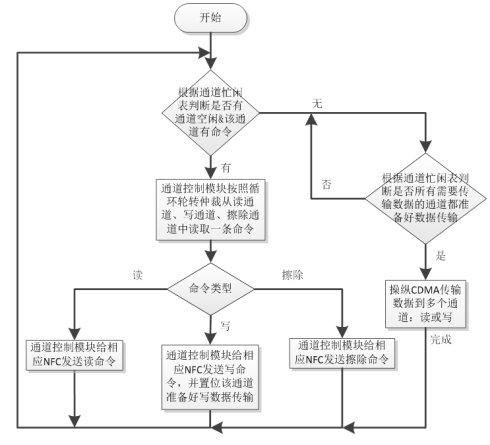Root Cause Analysis (RCA) aims at identifying the underlying causes of system faults by uncovering and analyzing the causal structure from complex systems. It has been widely used in many application domains. Reliable diagnostic conclusions are of great importance in mitigating system failures and financial losses. However, previous studies implicitly assume a full observation of the system, which neglect the effect of partial observation (i.e., missing nodes and latent malfunction). As a result, they fail in deriving reliable RCA results. In this paper, we unveil the issues of unobserved confounders and heterogeneity in partial observation and come up with a new problem of root cause analysis with partially observed data. To achieve this, we propose PORCA, a novel RCA framework which can explore reliable root causes under both unobserved confounders and unobserved heterogeneity. PORCA leverages magnified score-based causal discovery to efficiently optimize acyclic directed mixed graph under unobserved confounders. In addition, we also develop a heterogeneity-aware scheduling strategy to provide adaptive sample weights. Extensive experimental results on one synthetic and two real-world datasets demonstrate the effectiveness and superiority of the proposed framework.
翻译:暂无翻译



